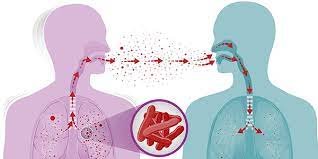NESFAS, in collaboration with the Directorate of School Education and Literacy (DSEL) held a programme on school meals today at Laitsohpliah Community Hall.
Before the formal programme started, participants embarked on a visit to Laitsohpliah and Subakalai school gardens, thereby gaining firsthand insights into the practical implementation of school gardens. These gardens are not only sources of fresh, locally sourced food for school meals but are also valuable educational tools.
Nestar Kharmawphlang, Head Teacher of Laitsohpliah RCLP school, noted that school meals were initiated by NESFAS to tackle the problem of malnutrition. He said, “We have designed a model to utilise biodiversity to provide nutrition to school children, who were initially reluctant to consume wild edibles but after intervention and customisation of recipes, the children have developed their tastes.” He also stated that school gardens not only aid in supplementing meals but also give opportunities for children to connect with nature.
Swapnil Tembe, Director of DSEL, congratulated NESFAS and school teachers on their efforts to promote school meals, while also emphasising the government’s commitment to supporting such initiatives and stated that school nutrition gardens are one of the most important assets that every school ought to have.
“This collaborative approach is essential for the long-term success of the programme. I believe that by expanding these initiatives and incorporating meals, we can further enhance the nutritional well-being of our students and address critical health issues like malnutrition and anemia. Let us continue to prioritise local, seasonal foods and empower the next generation to become responsible food consumers and producers.”
The event concluded with a school meal lunch, showcasing the wholesome and nutritious meals prepared using locally sourced ingredients.






























